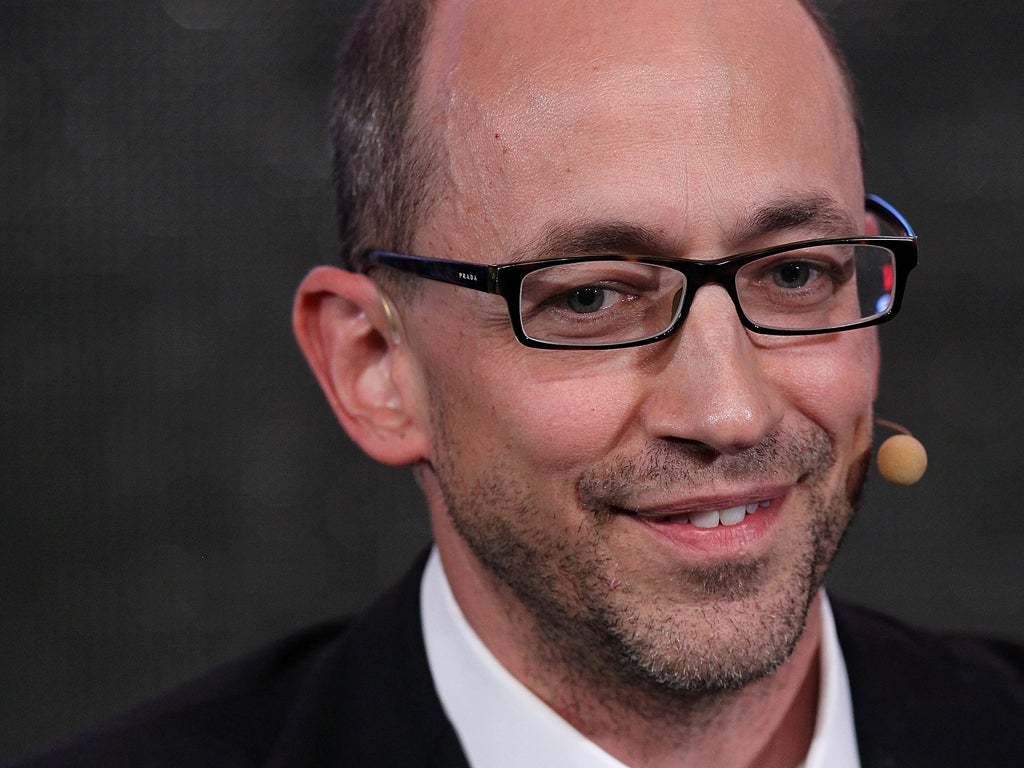Twitter CEO Dick Costolo received Isis death threats: 'That’s a jarring thing for anyone to deal with'
The American businessman and staff have been targeted by the militant group

Twitter CEO Dick Costolo and his staff have received death threats from Isis, he has claimed.
The Jihadist militant group (also known as Islamic State) was using the social media channel to share its news, so their accounts were shut down.
“After we started suspending their accounts, some folks affiliated with the organisation used Twitter to declare that employees of Twitter and their management should be assassinated,” said Costolo.
“Obviously that’s a jarring thing for anyone to deal with and I’ve spent a long time talking to the company about it.”
Talking at the Vanity Fair New Establishment Summit, Costolo discussed the difficulties in balancing freedom of speech with the spreading of negative, malevolent content.
“Whenever you have a global public information-sharing channel, you are going to have people that use it for good,” said Costolo. “It’s obviously been a tool for social change, beneficial social change in a number of countries around the world.
He said that the distribution of criminal material was “against our terms of service”.
“It’s against the law in many of the countries in which we operate for them to use it to promote their organisation,” he continued. “And when we do find those accounts we shut them down. We shut them down quite actively.
“I was always asked, 'How are you going to balance the needs of your business against the rights of your users and the desire to promote open speech?' The reality is almost never about a debate between the needs of the business and the needs of one group of users. It is almost always a debate [with] two different perspectives about a piece of speech.”
Join our commenting forum
Join thought-provoking conversations, follow other Independent readers and see their replies
Comments
Bookmark popover
Removed from bookmarks